detail profile g c3 bcnter wolf
Peran Yang Di Mainkan Günter Wolf
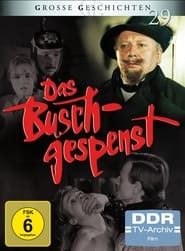 In the forests of the Ore...
In the forests of the Ore...Das Buschgespenst 1986
In the forests of the Ore Mountains, on the border with Bohemia, a gang of smugglers is up to mischief. Anyone who dares to oppose them is murdered in cold blood. The locals are paralyzed by fear of the ominous bush ghost that is said to be behind it all. Then a stranger turns up at the remote forester's lodge and begins investigating a murder that took place twenty years ago. Having become wealthy in the Alaskan gold fields, Arndt is now looking for the woman he once loved and whose perjury landed him in prison. The forester and the weaver Eduard Hauser help him with his investigations. But Hauser himself soon becomes the victim of a sinister intrigue. Fritz Seidelmann, an unscrupulous profiteer who is after Hauser's fiancée Angelika, lures him into a trap. Hauser is arrested as an alleged bush ghost. For the time being, Arndt can do nothing for him ...
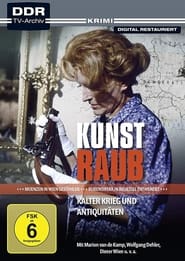 The director of an art museum...
The director of an art museum...Kunstraub 1980
The director of an art museum in Thuringia and an art dealer from Constance entered into an extremely lucrative business relationship. Director Trützschler illegally supplies Ms. Münzenberg with valuable works of art, which she smuggles into West Germany through an intermediary, abusing the transit routes. The business flourishes until they both fall into the CIA's intricate web. They are put under pressure and used to recruit a scientist from Jena. Will the GDR security forces succeed in thwarting the CIA's espionage operation...?
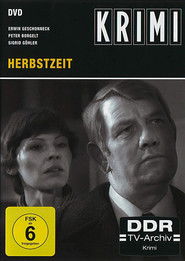 A retired head cashier lonely after...
A retired head cashier lonely after...Herbstzeit 1979
A retired head cashier, lonely after the death of his wife, lives in the hope of being able to move in with his son and his family after the latter builds a house. The son does not want to destroy his father's dream and conceals the fact that the family will not have enough money to build a house in the foreseeable future. When the father realizes this, he reaches into the cash register of his former company in desperation.
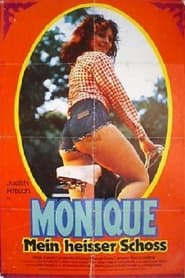 Monique a young woman who gave...
Monique a young woman who gave...Monique, mein heißer Schoß 1978
Monique, a young woman who gave up her medicine studies, falls in love with a photographer and then turns away from him because of his unsteadiness and marries an erotic film maker. But the wedding does not last and she returns to the protographer.
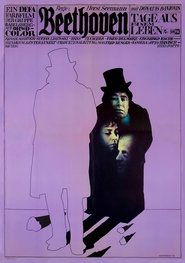 Vienna 18131819 Beethoven played by Donatas Banionis...
Vienna 18131819 Beethoven played by Donatas Banionis...Beethoven – Tage aus einem Leben 1976
Vienna, 1813-1819: Beethoven (played by Donatas Banionis) is at the peak of his fame. Orchestras all over the world play his music, but he lives modestly and is dependent upon private patrons. Nagged by his patronizing brothers, spied upon by officials for his republican beliefs and faced by his progressive hearing loss, the composer becomes more and more isolated. Seeman’s poetic film explores the joys, heartbreak and artistic spirit of the great composer as he works on his Ninth Symphony.
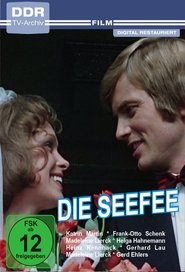 Ulf would do anything to win...
Ulf would do anything to win...Die Seefee 1975
Ulf would do anything to win Biggi's heart. Because he wants to impress her, he decides to join the sailing club. Despite the mockery of his friends, he is not dissuaded from his plan and spares no effort to make an impression on his beloved. But she only gives him the cold shoulder, whereupon he manipulates her boat. As a result, Biggi ends up in last place in an important regatta race. Both are threatened with expulsion, which is why they have to pull themselves together.
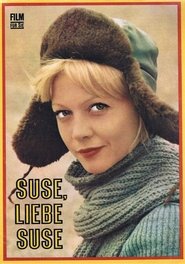 Suse works as a truck driver...
Suse works as a truck driver...Suse, liebe Suse 1975
Suse works as a truck driver on a major construction site. The young woman has a hard life behind her. She was foundling, was raised by farmers. Manne, the father of her child, wanted to escape from the GDR and is in prison. After he is released, Manne wants to live again with Suse and their child together. But she rejects him as well as another worshiper. Suse is more interested in the Soviet engineer Boris, but apparently not for her, since he can never remember her at their chance encounters. But a much bigger problem - and a difficult one - is Suse, when she is offered to go to the Soviet Union for six months.
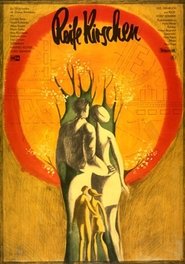 Helmut Kamp the construction brigade leader...
Helmut Kamp the construction brigade leader...Ripe Cherries 1973
Helmut Kamp, the construction brigade leader, a man no longer young, life immediately confronted several difficult and woeful problems. The birth of a son, the tragic death of his wife, the relationship of his daughter Ingrid with Dr. Beißert coincided with the need to move to an uninhabited area where a nuclear power plant will be built. Kamp, Ingrid and the members of the friendly brigade decide to act as the duty and the feeling of partnership prompts them, and gradually they all become participants in the new construction...
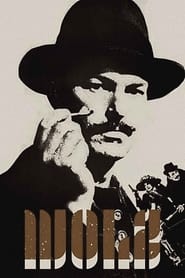 Soldier Ignaz Wolz returns from WWI...
Soldier Ignaz Wolz returns from WWI...Wolz – Life and Transfiguration of a German Anarchist 1973
Soldier Ignaz Wolz returns from WWI with an immeasurable hatred of capitalist war profiteers. He decides to start his own revolution, but tries to stay away from the organized class struggle. He steals from the rich men and divides the wealth among the poor. One day, Wolz is arrested and sentenced to life in prison; seven years later he is released due to mass protests. More than ever, it is hard for him to fit in. He severs ties with his former companions, who reject his ideas, and leaves Germany.
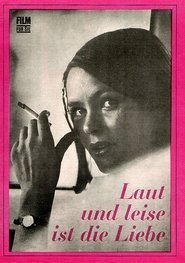 Following a training course the 28yearold...
Following a training course the 28yearold...Laut und leise ist die Liebe 1972
Following a training course, the 28-year-old Helga Baumann, a single mother of two children, meets up with her husband Fred again. They had separated a while ago because their ideas of marriage were completely disparate: The conservative Fred advocated the woman′s role of wife and mother, while Helga dreamt about an emancipated partnership between two employed persons. Now, her sister has brought them back together. At first sight, Fred seems to have changed and, once again, Helga cannot resist his advances. But when she meets with difficulties during a fair in Tashkent, Fred yet again proves to be a petty bourgeois by assuring her that they would get along perfectly without her working.
 Using the example of three generations...
Using the example of three generations...Verwandte und Bekannte 1971
Using the example of three generations of a Hamburg working class family, the rise of the working class from the founding of the Wilhelmin Empire to the First World War, over the time of the Weimar Republic and National Socialism to the destruction of the Third Reich.
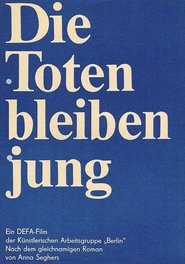 A depiction of class conflicts in...
A depiction of class conflicts in...Die Toten bleiben jung 1968
A depiction of class conflicts in Germany between 1918 and 1945. The Spartacist Erwin is shot by officers in 1918, and his pregant working-class bride Marie begins a new relationship with social democrat Geschke. Erwin's son Hans grows up to be a communist like his father, leading to bitter hatred between him and his Nazi step-brother, while Geschke becomes increasingly resigned to the political situation in Germany. The three aristocratic officers who shot Erwin many years ago meet again during the Kapp Putsch, but their support for the Third Reich eventually leads each to their deaths.
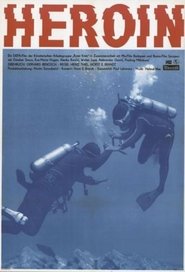 This East German movie was coproduced...
This East German movie was coproduced...Heroin 1968
This East German movie was co-produced with studios in Hungary and Yugoslavia, with many interesting location shots (border checkpoint to West Berlin, the Gellert bath in Budapest, and more). The plot is about French drug dealers, who obtain heroin somewhere in the Middle East, and smuggle it in several steps to East Berlin, and from there to France (or so it appears), killing when necessary. The hero is an officer of East German customs, who with detective work, some masquerade, and occasional violent action ultimately unravels the whole network, of course with the support of the local customs departments.
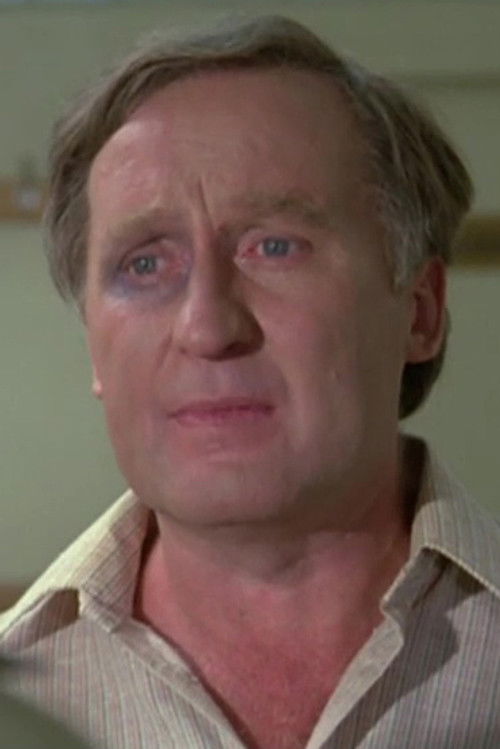
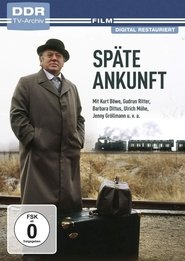 In 1896 the Berlin noble doctor Dr...
In 1896 the Berlin noble doctor Dr...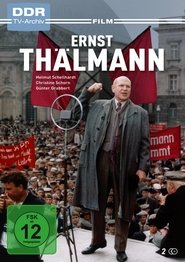 This elaborate twopart television film shows...
This elaborate twopart television film shows...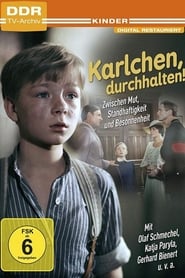 A story of ten years old...
A story of ten years old...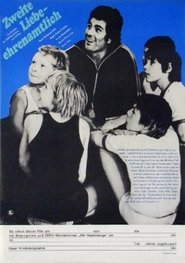 A mechanic Peter Papenbold is giving...
A mechanic Peter Papenbold is giving...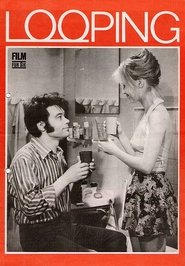 The thirty year old bee is...
The thirty year old bee is...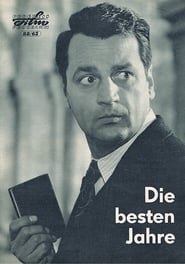 In 1945 Ernst Machner returns home from...
In 1945 Ernst Machner returns home from...